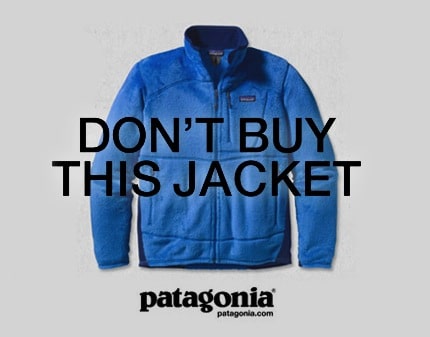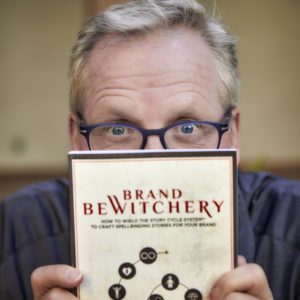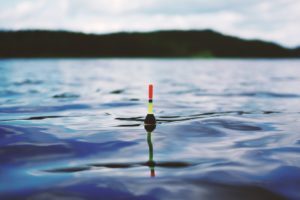I have been in advertising for 30 years, and our agency has celebrated many successes turning creative campaigns into meaningful movements that matter. But the democratization of social media, the onset of the global recession, the growing distrust of authority, and the burgeoning Millennial class have prompted a rapid evolution in the ways newly empowered and emboldened consumers choose to communicate.
Therefore, to rise above the cacophony of the attention economy, we have created the Story Cycle to help brands better connect with customers through publishing meaningful content versus promoting meaningless consumption. This 10-step story creation process distilled from the timeless narrative structure of the ancients, inspired by the story artists of Hollywood, influenced by masters of persuasion, guided by trend seers, and informed by how the mind grapples for meaning.
Our mission has always been to ignite the growth of people, products, companies and causes that dare to make the world a better place. In that spirit, today we are launching a new storytelling curriculum for the innovative Executive Masters for Sustainability Leadership program at Arizona State University. Our aim is to help our first pioneering cohort of 16 sustainability professionals from around the world craft and tell compelling stories that move people to action.
As a new instructor at ASU, my first stint as a teacher, I have been blessed with many mentors as we have spent a year together creating the curriculum. My teachers include Dr. George Basile, Senior Sustainability Scientist, Global Institute of Sustainability, Bruno Sarda, Director, Global Sustainability Operations at Dell, Warren Te Brugge, CEO and Founder of Manzimulva Ventures, and Dr. Kevin Gazzara, instructor and leadership consultant.
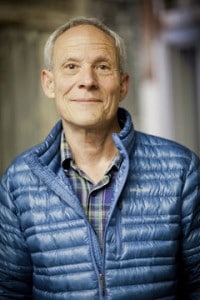 Many great brand storytellers are also joining us as guest speakers for the EMSL program. We are honored to have Patagonia’s Director of Philosophy, Vincent Stanley, as our first speaker. Vincent has been with Patagonia since the beginning, and has helped shape one of the most original American brands in sustainability. The company is famous for its stories around responsible consumption, even going so far as to suggest that customers NOT buy its products, which reflects the company’s philosophy of “Reduce, Repair, Reuse and Recycle”. Vincent will share with our students how Patagonia demonstrates its leadership in sustainability through the authentic stories it tells and lives. You can explore Patagonia’s commitment to the environment by reading the book he penned with founder, Yvon Chouinard, called The Responsible Company.
Many great brand storytellers are also joining us as guest speakers for the EMSL program. We are honored to have Patagonia’s Director of Philosophy, Vincent Stanley, as our first speaker. Vincent has been with Patagonia since the beginning, and has helped shape one of the most original American brands in sustainability. The company is famous for its stories around responsible consumption, even going so far as to suggest that customers NOT buy its products, which reflects the company’s philosophy of “Reduce, Repair, Reuse and Recycle”. Vincent will share with our students how Patagonia demonstrates its leadership in sustainability through the authentic stories it tells and lives. You can explore Patagonia’s commitment to the environment by reading the book he penned with founder, Yvon Chouinard, called The Responsible Company.
Or spend 30 minutes with its touching documentary, Worn Wear.
While most companies are just beginning their journeys in sustainability, Patagonia has been at it since the 1970’s. It’s literally sewn into the fabric of all they do.
Some of Patagonia’s significant sustainability milestones began with its 1972 The Whole Natural Art of Protection “clean climbing” essay featured in its catalog. The following year, the company started a tithing program with 10% of annual profits (later 1% of sales) dedicated to environmental conservation efforts. In 1989, Patagonia joined Kelty, REI & The North Face to establish The Conservation Alliance, a coalition that has grown to 180 companies in the outdoor industry that help fund groups to protect threatened wild places throughout North America.
Other Patagonia sustainability efforts include the 1993 Tools for Grassroots Activists conference, which taught activists valuable marketing skills. In the following years, Patagonia issued its first internal environmental assessment report, adopted 100% organic cotton for all cotton products, and became a founding member of the Fair Labor Association. In 2002, Chouinard teamed with Craig Matthews to co-found 1% for the Planet, an alliance of companies that pledge 1% of sales to environmental groups. In addition to other CSR programs, Patagonia launched Common Threads, a garment recycling program, created its Footprint Chronicles that allows anyone to track the global impact of its supply chain, founded Freedom to Roam for the conservation of wildlife in North America, and created the company-wide campaign: Vote the Environment. In 2009, Patagonia joined Wal-Mart to create the Sustainable Apparel Coalition to bring together the public and private sectors to create an index of social and environmental performance in the apparel industry.
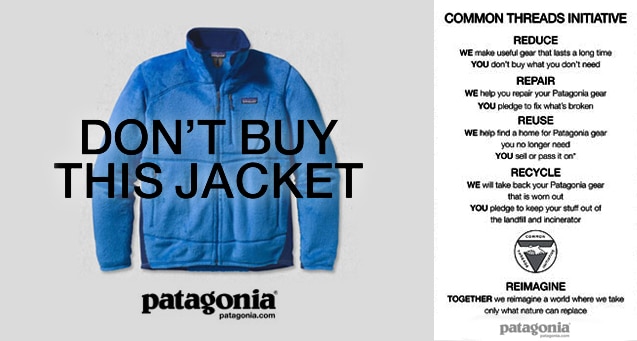
In 2011, Patagonia turned consumerism on its head when it ran the “Don’t Buy This Jacket” print campaign on Black Friday, suggesting customers don’t buy their products unless they really need them.
Last year, Patagonia launched another company-wide campaign called The Responsible Economy. From their site:
What is a responsible economy? It’s one that cultivates healthy communities, creates meaningful work, and takes from the earth only what it can replenish. It’s one where all the indicators currently going in the wrong direction – CO2 emissions, ocean acidification, deforestation, desertification, species extinction, water contamination, toxic chemical release – all those things that are leading us to bankruptcy, will even out, then reverse. What would make up this economy? Where do we already see examples?
During the next two years, Patagonia will explore these questions. We don’t have all the answers – but, we invite you to join us as we seek out the stories, solutions, examples, and new leaders of the responsible economy.
This is the most ambitious and important endeavor we’ve ever undertaken. “Our other environmental campaigns (the depletion of the oceans, pollution of water, obstacles to migration paths for animals) have been about the symptoms of this problem,” said Yvon Chouinard, the founder and owner of Patagonia. “Now we are addressing the core.” Stay tuned.
Currently, Patagonia has produced an award winning documentary called “Damnation,” about the necessity of dam removal to free our rivers and streams back to natural flows. To learn even more about what Patagonia is up to, check out its 2013 Environmental Initiatives report here.
Needless to say, we’re fortunate to have Vincent share Patagonia’s approach to authentic and sustainable storytelling with our students in our inaugural week of the communications curriculum of EMSL.

